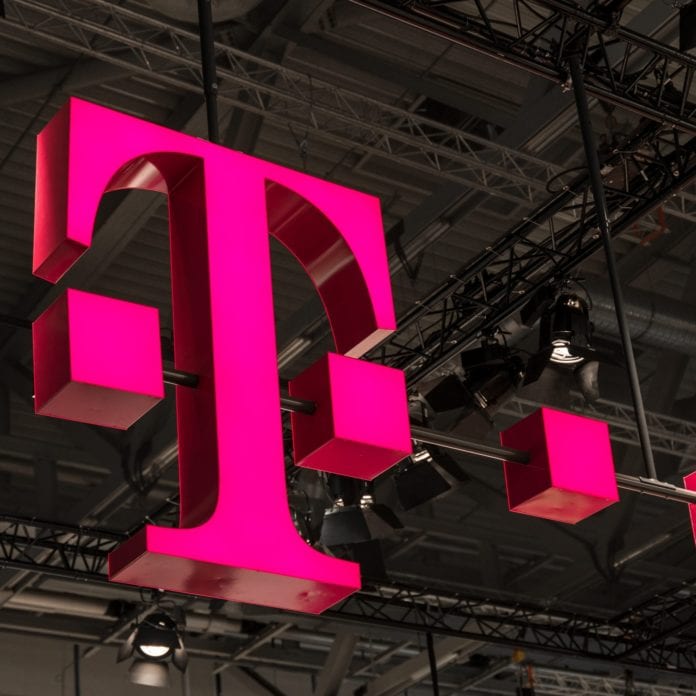Deutsche Telekom said the agreement focuses on cloud and AI integration to modernize its networks and applications
German carrier Deutsche Telekom has signed a long-term strategic agreement with Google Cloud, extending until 2030. In a release, the telco noted that the agreement focuses on cloud and AI integration, with the goal of modernizing Deutsche Telekom’s IT, networks and business applications to support next-generation telecom services and improve operational efficiency.
Deutsche Telekom noted it has selected Google Cloud as its preferred partner for the cloud migration of key business units. The aim is to modernize and scale data and AI applications that significantly contribute to the company’s digital transformation strategy, particularly in customer service, network automation and enterprise solutions.
“Telekom is evolving into an AI-centric company and improving its agility through the use of data and AI. We are optimizing digital solutions across all our business units, in software engineering, and at the interface with our customers to provide them with an outstanding experience. Our collaboration with Google Cloud supports this and promotes innovation and efficiency. The migration of Telekom’s SAP core systems to GCP and the MeinMagenta app with Google’s Gemini Multimodal Live API are just two examples of the power of our partnership. We look forward to further expanding our collaboration,” said Stefan Schloter, CIO of Europe at Deutsche Telekom.
As part of the expanded partnership, Deutsche Telekom will increase its use of Vertex AI, Google Cloud’s unified developer platform. This will enable it to develop, deploy and scale AI applications and initiatives using Google’s latest Gemini models.
During Mobile World Congress Barcelona, Deutsche Telekom unveiled its AI Phone as part of the company’s move to put artificial intelligence at the forefront of its strategy.
Under the theme “Shaping Technology for All,” the European telco showcased new developments in connectivity and digital applications during the global telecommunications event.
Deutsche Telekom highlighted that its AI Phone is chiefly designed to simplify everyday activities, with users having access to a virtual assistant that can handle tasks such as booking taxis, making reservations, translating languages in real time, shopping and drafting emails — eliminating the need to switch between multiple apps.
The AI assistant is powered by Perplexity. Additional AI tools from Google Cloud AI, ElevenLabs and Picsart will also be integrated. The AI Phone is set for release in the second half of 2025, the operator said.
Through “Magenta AI,” Deutsche Telekom is centralizing generative AI tools within the MeinMagenta app, making them accessible to all customers. The service already features Perplexity’s answer engine, with more tools to be added later this year.
During MWC 2025, Deutsche Telekom also unveiled Wi-Fi sensing, a technology that transforms Wi-Fi signals into a security system. By analyzing changes in the signal patterns emitted by routers and connected devices, Wi-Fi sensing can detect movement without the need for cameras, even in areas out of direct sight. The system can trigger alarms or integrate with smart home functions to enhance security.
Deutsche Telekom unveiled more than 30 AI-powered solutions for enterprises, government agencies and smart cities. One example is the development of an AI chatbot for the judicial system, designed to streamline legal document searches and analysis, making court proceedings more efficient.
Deutsche Telekom is also harnessing AI to optimize network performance in real time. Through a partnership with Google Cloud, the company is developing “RAN Guardian Agent,” an AI-powered assistant built on Gemini 2.0 that can analyze network behavior, detect anomalies and implement self-healing measures.
This system will enhance mobile performance, particularly in high-demand scenarios such as concerts, sports events and traffic congestion, according to the German carrier.

